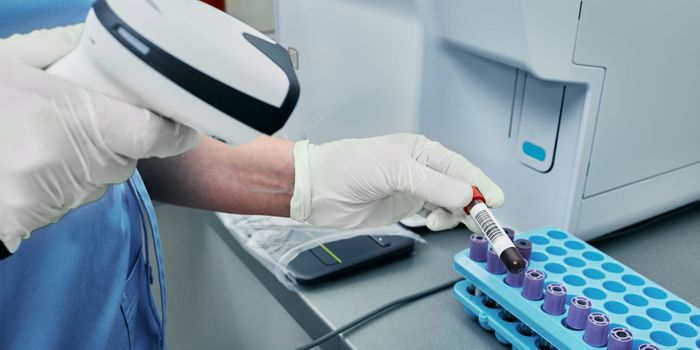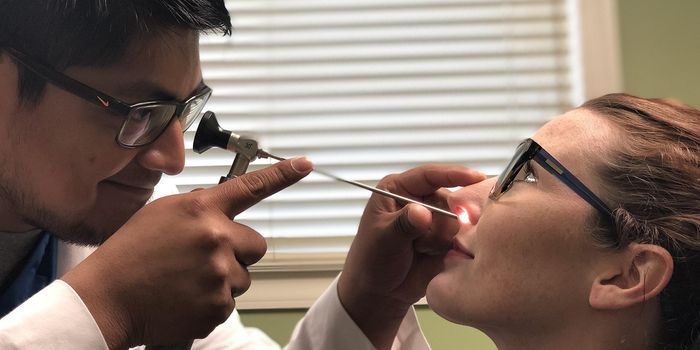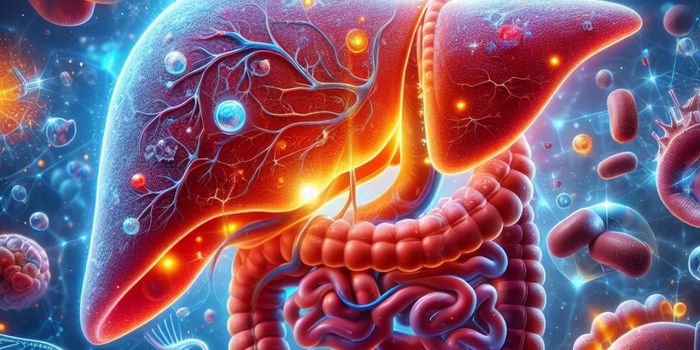Cancer Therapy Drug Reverses Kidney Damage
According to a study published in the journal Science Translational Medicine, a therapeutic previously used for cancer therapy has shown promising effects on reversing kidney damage in patients with systemic lupus erythematosus (SLE, or lupus).
Learn more about SLE:
"Kidney damage affects about half of the patients with lupus, sometimes leading to renal failure with a requirement for dialysis or transplantation," said Joe Craft, the Paul B. Beeson Professor of Medicine (rheumatology) and professor of immunobiology at Yale University. "Finding what causes that damage is extremely important."
SLE is an autoimmune disease caused by the individual’s immune cells attack their own tissues and kidneys can be particularly susceptible to the disease pathology resulting in lupus nephritis.
For lupus nephritis, a cell population referred to as ‘T-cells’ colonize kidney tissue triggering a decrease in oxygen and leading to tissue damage, potentially end-stage kidney disease. When researchers investigated the effects on infiltrating T-cells, they found that the T-cells express a marker known as hypoxia-inducible factor-1 (HIF-1) that is dependent on oxygen levels in the kidney. Activating HIF-1, results in the T-cells attacking the kidney tissues and furthering causing destruction of kidney function.
These findings allowed investigators to hypothesize that inhibiting HIF-1 function might increase oxygen levels and reduce the impact on kidneys. Thus, researchers used the HIF-1 blocking drug previously utilized in cancer therapy on mouse models of lupus.
"The findings suggest this therapy might be beneficial in lupus nephritis," Craft said. "Since this drug and others that block HIF-1 function have been used in humans with cancer, they could be used for treatment of patients with lupus."
Source: Science Daily









